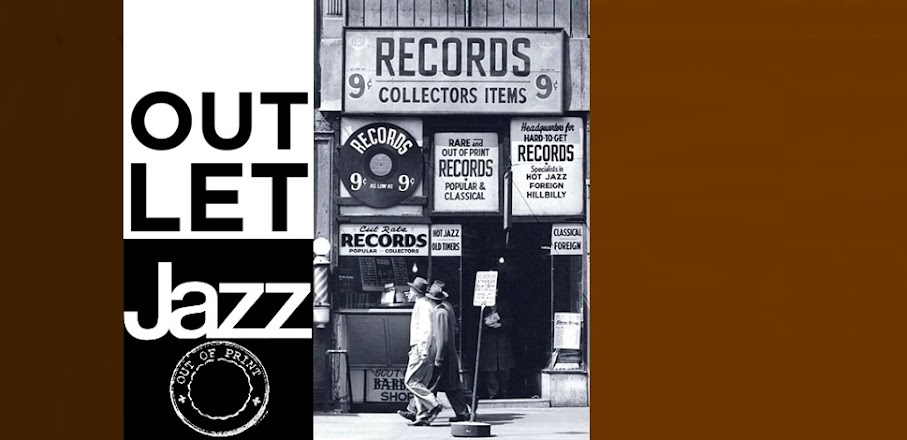Lester Young
The Jazz Giants '56
Imitation, as a wise man once put it, is never competition. Accordingly, imitation with neither understanding nor technique can bring woeful results to the young musician. To put the theory to test, no other saxophonist has had quite so strong an influence on modern-day tenor saxophonists than Lester Young, otherwise known as the "President". For many saxophonists, however, the influence has not necessarily been a good one, simply because the limitations have been merely surface.
To play a saxophone in the Lester Young manner requires — well, it requires a Lester Young, which is to say an artist with his roots immersed deeply in the mainstream of jazz. Or that failing, a musician with at least a feeling for jazz' muscular, swinging tradition. An error committed so frequently as to become commonplace finds the imitator concerned more with sound than substance.
The Lester Young sound is a very special thing, certainly, and with it is associated a kind of languor, a sophistication that often belies its basic blues foundation. But the guts of the blues — and its purposeful vigor — is also a vital part of the Young style. And without it, without this strength that is suggested rather than expressed boldly, the would-be Lester Youngs create little more than hollow, superficial and often quite banal mimicry.
The imitators could learn considerable from this album, entitled with justification The Jazz Giants '56. For in this one, Lester illustrates more graphically than ever just where the "Lester Young school" has been errant. By no means is this, as they say in the television commercials, a "new" Lester Young, but it is a Lester Young with a stronger approach than has been his very recent custom. The tone remains, lean and cool (in the best sense), but the vigor is unmistakable and the jazz ideas are, as always, fresh and imaginative. *(from the liner notes)*
The Jazz Giants '56 comprise Lester Young, Roy Eldridge, Teddy Wilson, Vic Dickenson, Jo Jones, Freddie Green, and Gene Ramey, and a better-knit assemblage would indeed be hard to conceive. As the notes point out, this is the first time Pres and Roy have recorded together, and for some 20 years, someone has been goofing.
This is one of the records of this or any other year, and it is difficult to imagine a group playing much better than this one gets on You Can Depend on Me. All the good qualities which we usually ascribe to jazz — vitality, swing, ingenuity, rhythmic variety, and impeccable improvisation — are present here. Rest of the tracks are not far below this remarkable level, and it is really unfair to pout out high spots, although the unvarying consistency of Roy and Pres should be mentioned. Especially note Young's opening statement on This Year's Kisses — it contains all the loveliness and feeling for music one could wish. Suffice it to say that this collection belong in any and every library.
The notes err, by the way in stating that Pres and Dickenson never have recorded together before — they appeared on some Philo sides under Pres' leadership a decade ago.
*Jack Tracy (Down Beat, May 30, 1956 [5 stars])*
1 - I Guess I'll Have To Change My Plan
(Arthur Schwartz, Howard Dietz)
2 - I Didn't Know What Time It Was
(Richard Rodgers, Lorenz Hart)
3 - Gigantic Blues
(Lester Young)
4 - This Year's Kisses
(Irving Berlin)
5 - You Can Depend On Me
(Charles Carpenter, Louis Dunlap, Earl Hines)
Lester Young (tenor sax), Roy Eldridge (trumpet), Vic Dickenson (trombone),
Teddy Wilson (piano), Freddie Green (guitar), Gene Ramey (bass), Jo Jones (drums).
Recorded at Fine Sound, New York City, January 12, 1956


https://1fichier.com/?wt97gh3fa700al3kqft6
ReplyDeleteMuchas Gracias BLBS
ReplyDelete